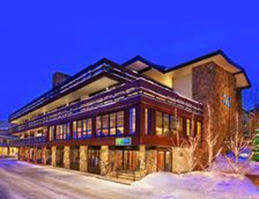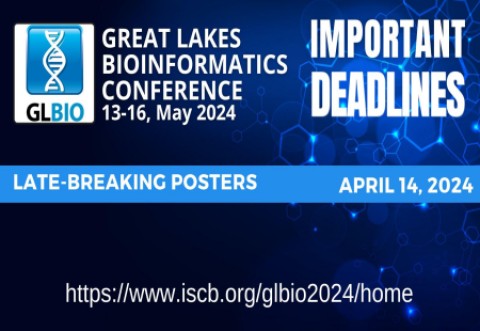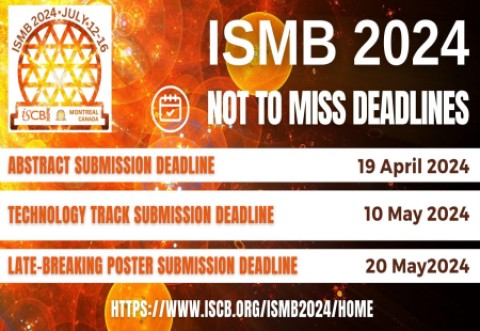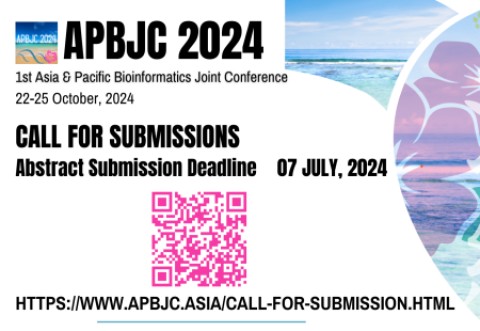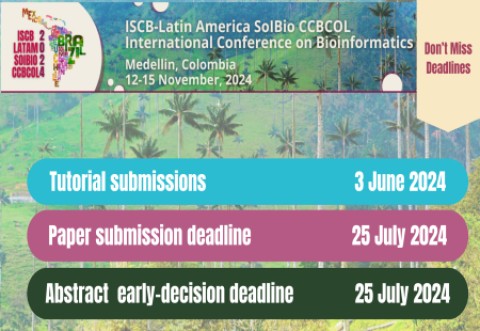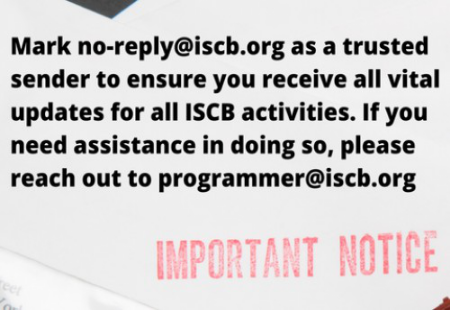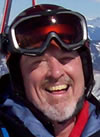 |
Kirk E. Jordan, PhD
IBM Distinguished Engineer
Data Centric Solutions
IBM T.J. Watson Research & Chief Science Officer
IBM Research UK
Data Centric Cognitive Computing: IBM’s Direction, Workflow Challenges and Opportunities
The volume, variety, velocity and veracity data is pushing how we think about computer systems. In this talk, I will describe the IBM Research’s Data Centric Solutions directions to develop systems that handle large data sets shortening time to solution. I will give an overview of our motivation, describe some of our current design thinking for these systems and some of our current work on these systems. I will describe some of the challenges and opportunities these systems may have for workflows for application solutions and some of our thinking how workflows might be changed given such data centric systems. This includes a description of some of our work incorporating cognitive enhanced simulations that are changing our approaches to large scale simulation.
CV: web
|
| top |
|
 |
Renee Deehan Kenney, PhD
Head of Biology and Bioinformatics
PatientsLikeMe
Massachusetts, USA
Measuring Disease Through Real World Evidence and Biological State: Impact For Patients (and Animal Models, too)
Abstract: Individuals living with a medical condition (and clinicians/researchers) are interested in learning from others who have exhibited a similar disease trajectory as their own to identify the medical and lifestyle interventions that optimize outcomes. PatientsLikeMe has developed a science-based social platform where individuals with medical conditions can share information about their symptoms, treatments, health outcomes and experiences living with disease, and engage with others for information and support, all to gain new insights and improve outcomes.
The term "big data" is no longer synonymous only with platforms such as this, or electronic health record systems, but also includes "big biological data” from which hundreds of thousands of measurements can be taken form a single biosample. The combination of patient reported health data and biological measurements will enable detailed tracking of disease and lifestyle measurements together over time in a new way, and at a scale never before achieved. Ultimately, individuals will benefit from the conclusions made available from the direct combination of these data streams and the utility and efficiency of collecting and analyzing relevant data outside of the standard methods of costly, often proprietary, and time-consuming clinical trials. Additionally, parallel systems-level evaluation of animal models will enable academics doing basic research, and industry scientists doing pre-clinical discovery, to more quickly evaluate the true translational capabilities of their work.
CV: .pdf |
| top |
|
 |
Marco Masseroli, PhD
Associate Professor
Dipartimento di Elettronica, Informazione e Bioingegneria
Politecnico di Milano
Milano, Italy
Next Generation Genomic Computing
Next-generation sequencing (NGS) technologies and data processing pipelines are rapidly and inexpensively providing increasingly numerous sequencing data and associated (epi)genomic features of many individual genomes in multiple biological and clinical conditions, generally made publicly available within well-curated repositories. Answers to fundamental biomedical problems are hidden in these data; yet, their efficient management and integrative processing is becoming the biggest and most important “big data” problem of mankind. Multi-sample processing of heterogeneous information can support data-driven discoveries and biomolecular sense making, such as discovering how heterogeneous genomic, transcriptomic and epigenomic features cooperate to characterize biomolecular functions; yet, it requires state-of-the-art “big data” computing strategies, with abstractions beyond commonly used tool capabilities.
We recently proposed a new paradigm in NGS data management and processing by introducing an essential Genomic Data Model (GDM) using few general abstractions for genomic region data and associated experimental, biological and clinical metadata that guarantee interoperability between existing data formats. Leveraging on GDM, we developed a next-generation, high-level, declarative GenoMetric Query Language (GMQL) for genomics data; here, we demonstrate its usefulness, flexibility and simplicity of use through several biological query examples. GMQL operates downstream of raw data preprocessing pipelines and supports queries over thousands of heterogeneous samples; computational efficiency and high scalability are achieved by using parallel computing on clusters or public clouds. GDM and GMQL can be exploited to provide integrated access to curated data, made available by large consortia such as ENCODE, Epigenomics Roadmap, or TCGA, through user-friendly search services.
CV: web |
| top |
|
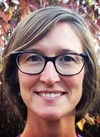 |
Krista Meyer, PhD
Director of Proteomic Analysis, R&D
Biodesix: Making Medicine Personal®
Colorado, USA
Leveraging Biology to Guide Feature Enrichment for Designing Multivariate Classifiers for Clinical Tests
Heinrich Roder, Joanna Roder, Julia Grigorieva,
Carlos Oliveira, Krista Meyer
Biodesix, Inc., Boulder, CO.
Biodesix uses a hypothesis-independent approach to building clinically relevant tests allowing the creation of multivariate classifiers that reflect the complexity of biological interactions without any bias from expectations about their mechanisms. We use mass spectral data collected from patient serum samples in combination with the Diagnostic CortexTM robust data analytics platform to design classifiers with clinical relevance. Once the classifier is created, it is of interest to understand the biological underpinnings of its performance. We applied ideas similar to GSEA (Gene Set Enrichment Analysis) to mass spectral data (ProteinSEA). This approach allowed us to find correlations between classification and sets of proteins associated with known biological functions, such as acute response, wound healing, and complement system. With this in hand, we wondered if the biological insight gained from our protein sets could be leveraged to guide test development. We developed a method to enrich the pools of mass spectral features for signals related to biological processes thought to be relevant to the clinical problem of interest. The approach allows us to probe several biological pathways and is modular such that the results of each protein set can capture information from influential and more subtle biological processes in independent steps. While the Diagnostic CortexTM itself does not require biological input to develop clinically relevant tests, the ability to tune the feature space using biological insight can be a useful tool to tease apart the pathways driving disease.
CV: .pdf |
| top |
|
 |
Temple F. Smith, PhD
Professor Emeritus
BioMolecular Engineering
Boston University
Massachusetts, USA
Current Insights into the Evolution of the Genetic Translation System and the Genetic Code Itself
Given the massive amount of determined structure of the translational system components we appear to be in position to respond to Crick’s famous 1968 statement:
“It is almost impossible to discuss the origin or the Genetic Code without discussing the origin of the actual biochemical mechanisms of protein synthesis. This is very difficulty for two reasons; it is complex and many of its details are not yet understood.”
Along with the full ribosomal structure and its associated proteins, perhaps it is the aminoacyl tRNA synthetases that provide the most interesting information. These along with the structures of the related nucleotide transferases and the tRNAs themselves have provided a number of new additional insights. And while, there is no final answers to the evolution of the full genetic translational system, there are a number of very suggestive ideas now being discussed. Many presented at a recent Cold Spring Harbor Laboratory small symposium.
CV: .pdf |
| top |
|
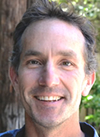 |
Joshua M. Stuart, PhD
Professor, Biomolecular Engineering Department
Baskin Engineering Endowed Chair
Associate Director, Center for Biomolecular Science and Engineering
UC Santa Cruz, USA
The Blue-prints of Tumors Uncovered Through Network Integration
DNA sequencing of cancerous tissue has revealed a complex landscape of mutations. Many altered genes represent the “usual suspects” known to drive the disease. Still, the majority of patients have alterations in genes of unknown significance or in non-coding parts of the genome. Gene expression levels reflected in the RNA integrate information about how genomic alterations affect the circuitry of tumor cells. I’ll discuss methods that find clues about tumors from DNA, RNA and protein data. Our approach identifies treatment options for an individual patient by matching their tumor to the closest “neighbors” in an encyclopedia of other tumors. It builds a logical wiring diagram that represent the misfirings inside and among the cells in the tumor and its microenvironment. We resolved diagrams for six patients with metastatic prostate cancer and found several new angles of attack. Finally, I’ll show how this work is informing clinicians for pediatric cancer cases as part of the ongoing California Kids Cancer Consortium.
Biosketch: .pdf
|
| top |
|
 |
Laura K. Wiley, PhD
Assistant Professor
Division of Biomedical Informatics and Personalized Medicine
University of Colorado Anschutz Medical Campus
Colorado, USA
Precision Medicine and the Learning Healthcare System: Leveraging Informatics to Improve Care
Abstract: Precision medicine and the learning healthcare system are predicated on the assumption that by turning data (be they molecular, clinical, or social) into knowledge we can improve health. Informatics is a key enabler of this vision. Using warfarin pharmacogenomics as an example, we will examine the role of informatics for data discovery, translation, implementation and evaluation.
CV: .pdf |
| top |
|
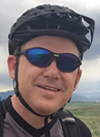 |
Alan Williams, PhD
Chief Informatics Officer
SomaLogic
Colorado, USA
Data Analytics and the SOMAscan™ Proteomic Platform
Abstract: TBA
Biosketch: .pdf |
| |
|
| top |
| |

